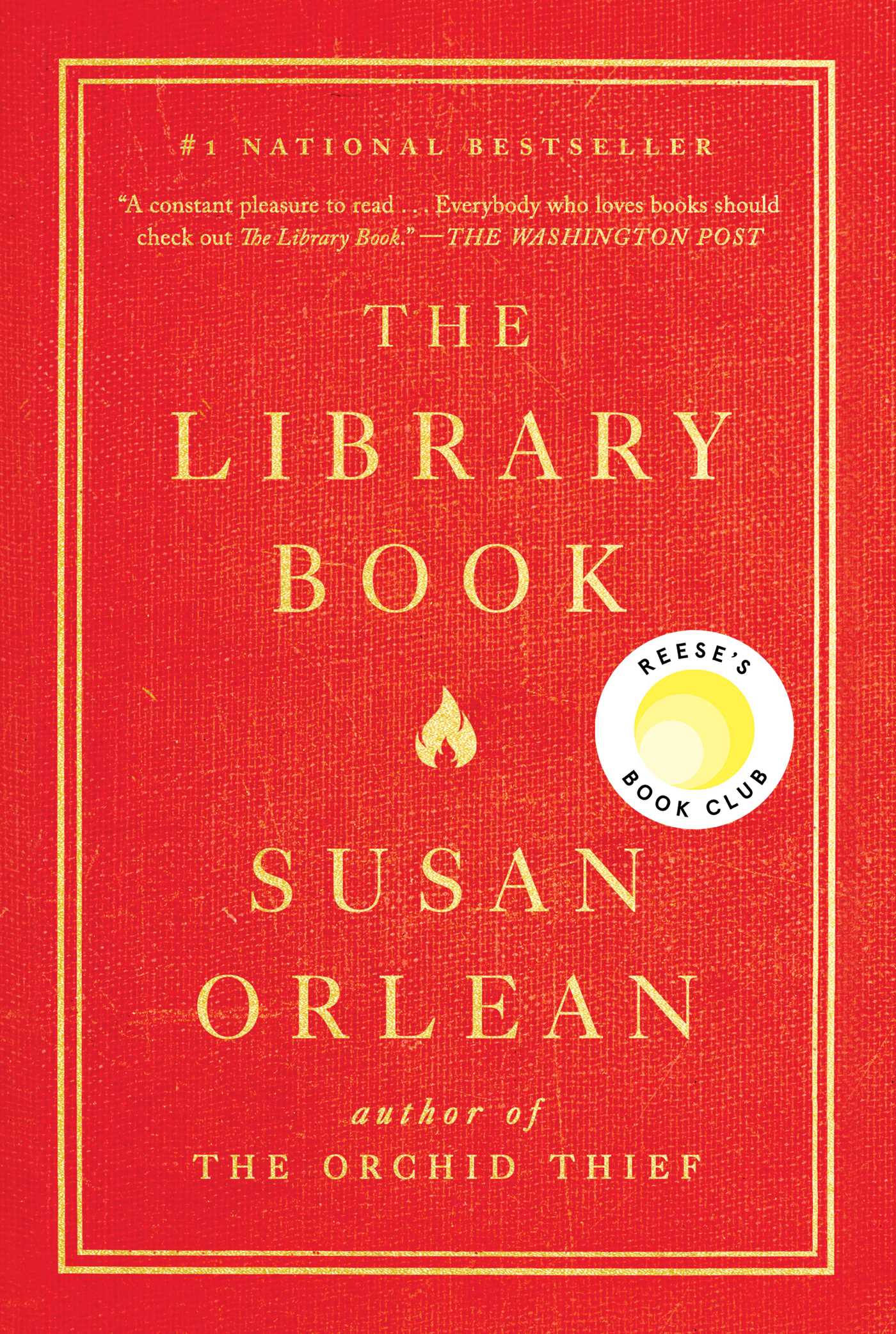AN APOLOGY FOR THE BOOK-HUNTER
by“An Apology for the Book-Hunter” opens with a declaration that captures the heart of every bibliophile—each person, deep down, wishes to curate their own private library. This instinct is not fueled by utility alone but by a reverence for the book as a physical and historical object. Readers often treasure not just the words inside but the age of the paper, the impression of the type, and the unique charm of annotations or ex-libris marks. The diversity in collecting is as wide as human curiosity, giving rise to collections that pair epic poetry with obscure pamphlets or spiritual texts with political satire. Such libraries mirror the inner life of the collector, forming a portrait shaped by chance discoveries and deliberate pursuit. Book-hunting is not a passive hobby—it demands patience, insight, and a genuine love for the unexpected. The joy it brings comes as much from the journey as from the possession.
The act of collecting is likened to a noble hunt, where the quarry is intellectual rather than physical. One does not always seek a specific title; instead, surprises often prove most delightful. A rare chapbook tucked behind a row of common volumes or a misprinted edition found at a forgotten auction can stir more excitement than the most valuable first edition. There is poetry in the randomness of these finds, and this randomness shapes the emotional bond between the reader and their books. A collector might remember exactly where a certain volume was found, what the weather was like, or the thrill of recognizing its worth. These memories become stitched into the fabric of the library itself. Thus, a private collection becomes a living memory—not just of literature, but of the life that gathered it.
Collectors vary greatly, each following their own threads of interest with obsessive precision or casual exploration. Some chase bindings, some chase signatures, while others fixate on genres, authors, or even printing presses. There is no fixed standard; the only rule is genuine appreciation. While some may view collecting as indulgent or eccentric, the text defends the practice as a meaningful engagement with cultural heritage. A library built with thought and care becomes a storehouse of intellectual history and artistic craft. Even modest collections can carry books that once passed through remarkable hands or witnessed pivotal historical moments. To own such an object is to take part in a larger, enduring story that connects generations of readers. Critics may scoff, but for the collector, the value lies far deeper than resale price or catalog rarity.
In recognizing the craftsmanship of books, the text gives deserved praise to bookbinders, illuminators, and printers whose efforts turned content into art. A well-bound book is a testament not just to the ideas it contains but to the human skill that shaped it. Collectors often learn to detect the subtleties of fine leather, gold tooling, and careful stitching. These details elevate the experience of ownership, making each book an aesthetic pleasure as well as a repository of knowledge. The material form becomes as important as the narrative itself. In this way, the book ceases to be just a vessel—it becomes a cultural artifact worthy of preservation. The appreciation of such craftsmanship also fosters respect for older methods of production now lost in the digital age.
The book also reflects on how collecting becomes a dialogue between generations. Each book has lived through time and carries invisible traces of the people who read, annotated, gifted, or sold it. This connection offers a silent companionship that many collectors find comforting. In moments of solitude, a collector can hold a book touched by someone long gone and feel, for an instant, that the past still breathes. There is humility in such an experience, reminding one that books are both temporal and eternal. They survive trends, disasters, and neglect—often thanks to the very hunters who rescued them from obscurity. This preservation is not merely an act of saving paper; it is a quiet defiance against forgetfulness.
Ultimately, this work reads less like a defense and more like a love letter to those who cherish books beyond their content. It honors the quiet pleasure of discovery, the satisfaction of arranging and cataloging, and the emotional richness of growing a collection with care. The joy lies not in quantity but in meaning—the way one book speaks to another, or how a single title can anchor decades of personal memory. To the collector, these are not trophies but companions. They represent patience, curiosity, and a reverence for stories both told and untold. In this way, the book-hunter becomes not only a reader but a guardian of culture, ensuring that the past continues to whisper through the pages of the present.

